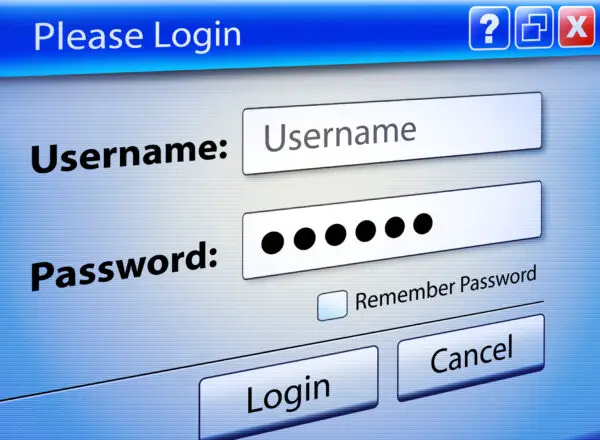Top 5 Cybersecurity Tips for Working from Home

Estimated reading time: 4 minutes
Table of contents
Remote work has become a big thing in the past few years. This phenomenon has become even more common, with the COVID-19 outbreak in 2020, and it is predicted that some companies and employees will stick to this solution long after the pandemic.
When it comes to individuals, remote work comes with numerous advantages. It allows people to earn money from the comfort of their beds, in pajamas, with a morning coffee in hand.
Businesses having some parts of the teamwork from home can save a lot of money. Moreover, it is the easiest way of obeying and following the new rules and restrictions regarding social contacts after the COVID-19 pandemic.
One of the biggest challenges that both employers and employees face when working remotely is maintaining cybersecurity. Most people working from home use their private laptops to do their job. For this reason, entering www.bulletproof.co.uk, choosing a proper offer for the company, and providing a unified security system for all the business computers is highly recommended.
Employees have to take cybersecurity measures themselves to stay safe and keep the company’s sensitive data secure. To the vast majority of people, this is a new and unknown challenge. It is only natural they may feel in the dark and confused.
If you are currently working remotely and are looking for the best cybersecurity tips, here is a list of five pieces of advice to help you make sure working from home is the safest possible.
Secure the Devices
Since you will be using your personal computer to access the company’s private database, it is of the utmost importance to secure the devices you will be working from.
Make sure your antivirus software systems are updated, and you are using a firewall. Such a mix can boost any device’s security and decrease the chances of a cyberattack.
If you know you are accessing your company’s sensitive information daily, it can be a good idea to ask your employers for permission to take the business laptops from the office home.
Watch Out for Hidden Messages, Links, and Attachments
It is much easier for hackers to break into your home network than the well-secured one you had back in the office.
Intruders and hackers can easily send a virus or other malware through an email. Be especially careful if you see a message in your box that seems legit but requires the company’s sensitive information such as account numbers, employee names, or passwords.
That is one of the most common methods used by hackers, called phishing emails. It aims to manipulate a victim to willingly respond to an email and share business data that could be misused later.
Install a VPN
One of the best tips for working from home is to use a VPN when connecting to a public or an at-home wi-fi.
A virtual private network lets you create a safe internet connection to another system from a different IP address somewhere else on the planet. It helps encrypt and secure the data you will use during the workday. People commonly use VPNs to gain anonymity and protect themselves from the eyes of online snoopers.
Some of the most reputable VPNs include:
- Express VPN
- NordVPN
- CyberGhost
Update the Systems
All the operating systems, no matter if it is for Mac or Windows, are updated regularly to prevent criminals from taking advantage of their weaknesses.
If you work from home, make sure the operating system you use runs the newest update version.
If you forget to upgrade your systems regularly, the right idea is to enable automatic upgrades. This way, you will make sure the systems are always up to date and safe to use.
Change the Router Passwords Frequently
Remote workers sometimes forget that double-checking home router settings can benefit security significantly. People are not always aware that their at-home Wi-Fi can be imperfect.
It is best to change the router password every few weeks to prevent any cyber-attacks. That way, you are making sure no one can access the router settings, or use them for mischievous purposes.
Conclusion
Working remotely has lately become very common. Partially it is due to the COVID-19 pandemic outbreak, but also because it is associated with the many benefits of doing the work from home.
One of the most significant challenges remote workers face is maintaining cybersecurity when using their private computers to access professional data. Fortunately, some simple steps, including using a VPN, securing the devices, and keeping operating systems up to date, should be sufficient precautions.







